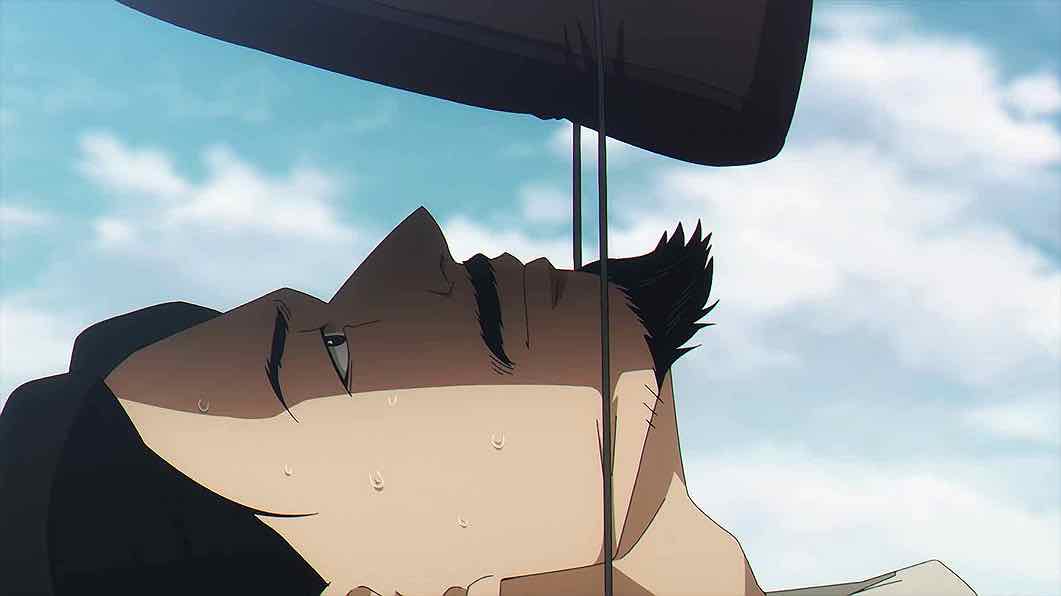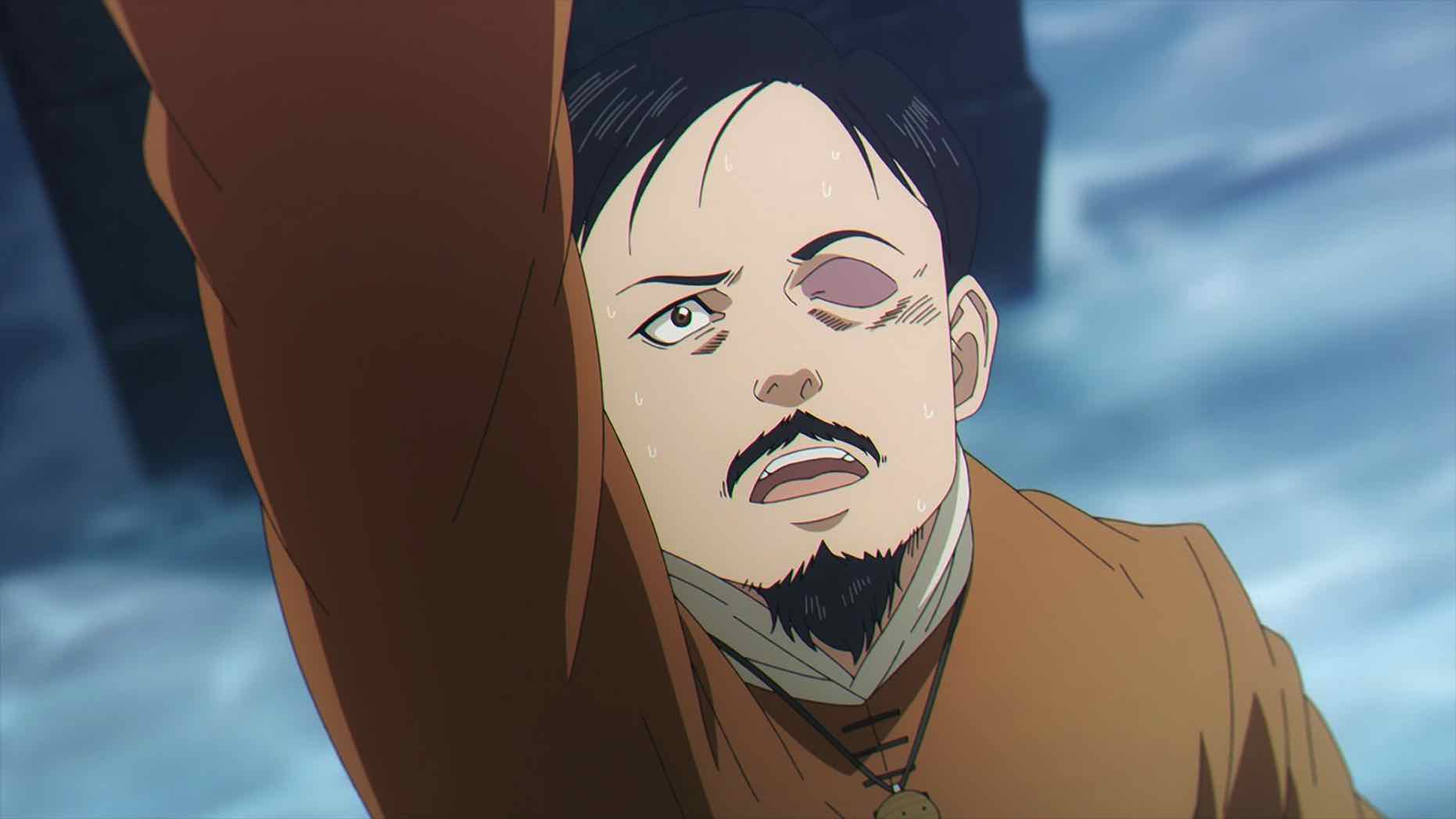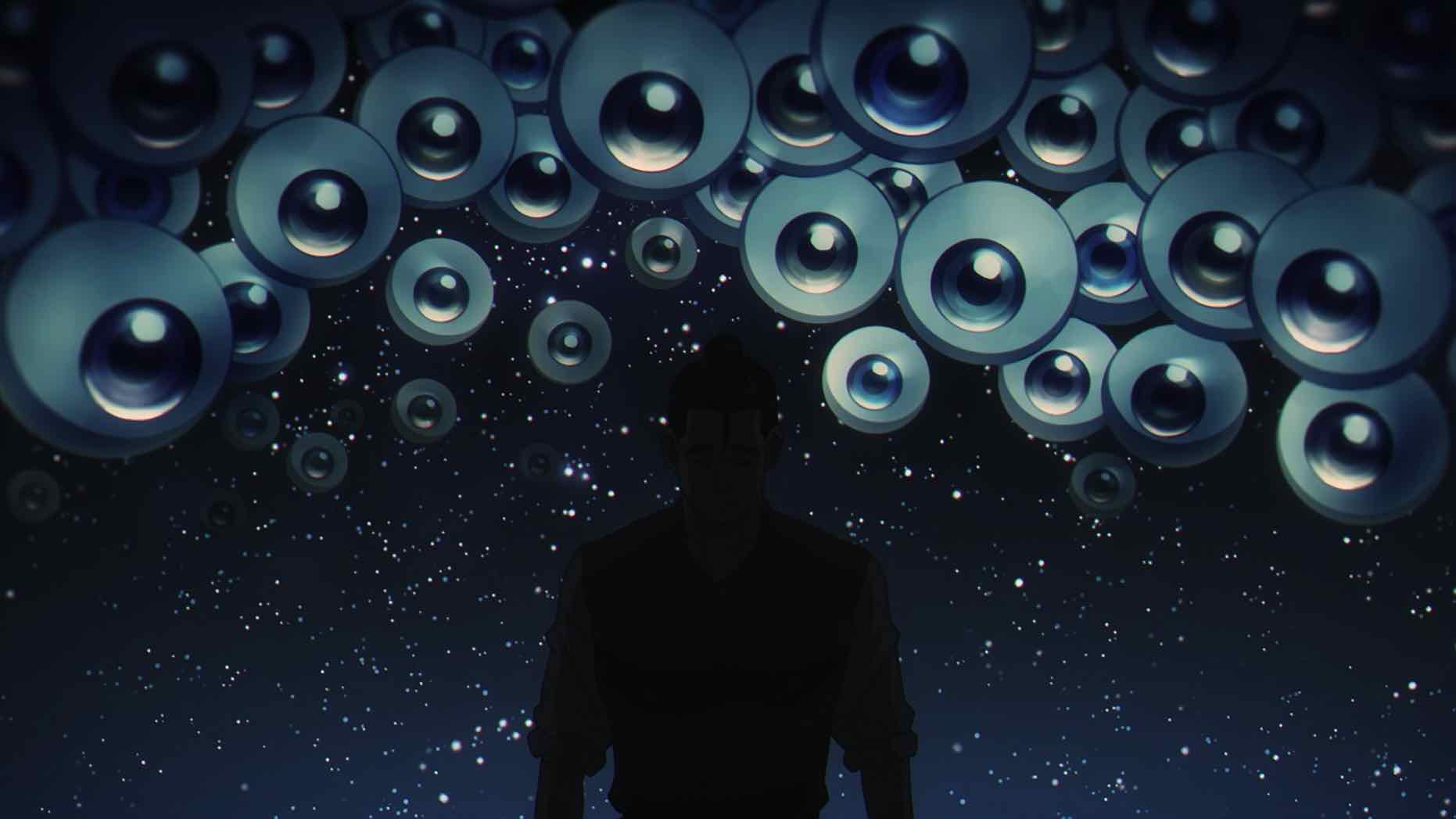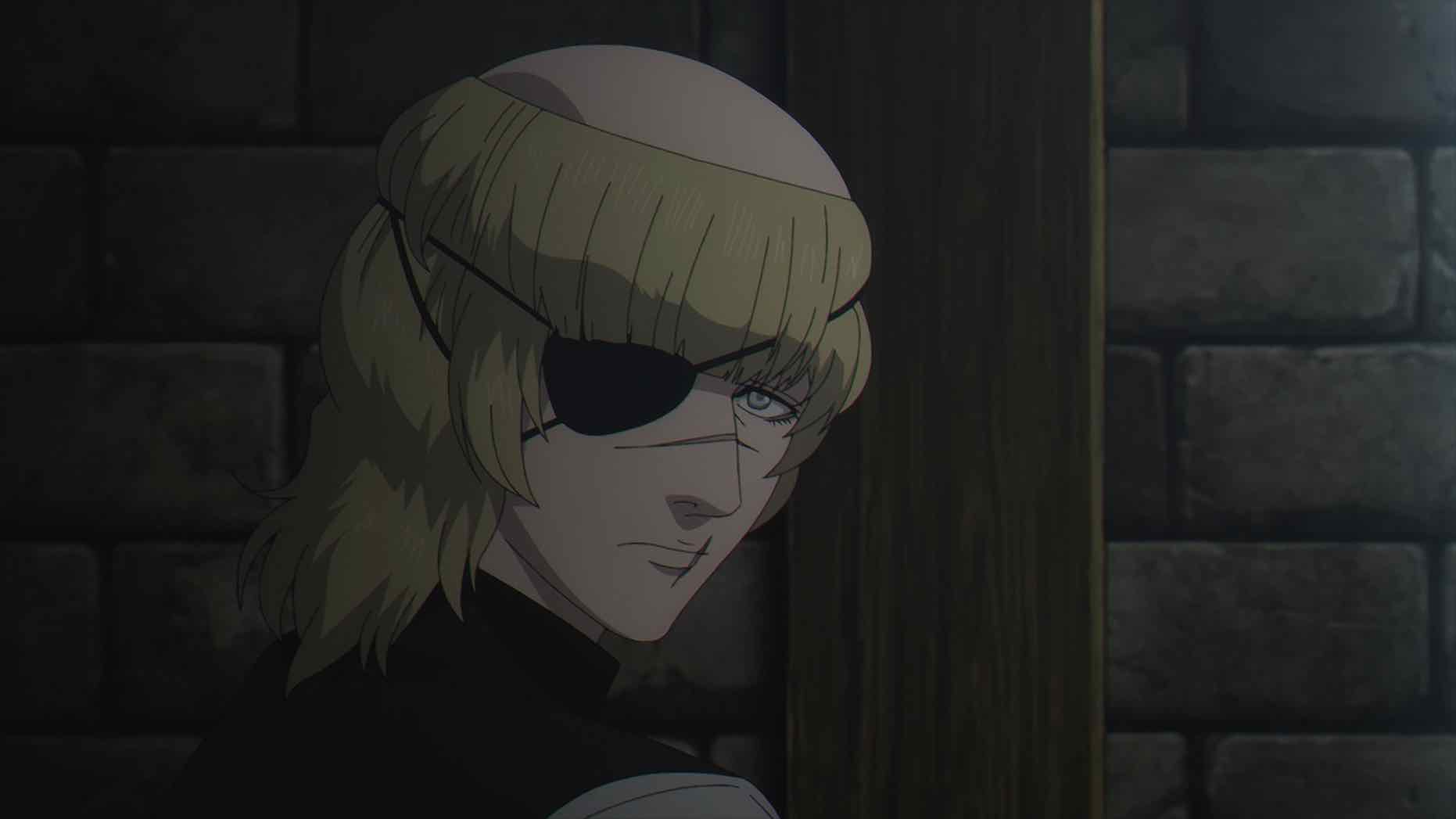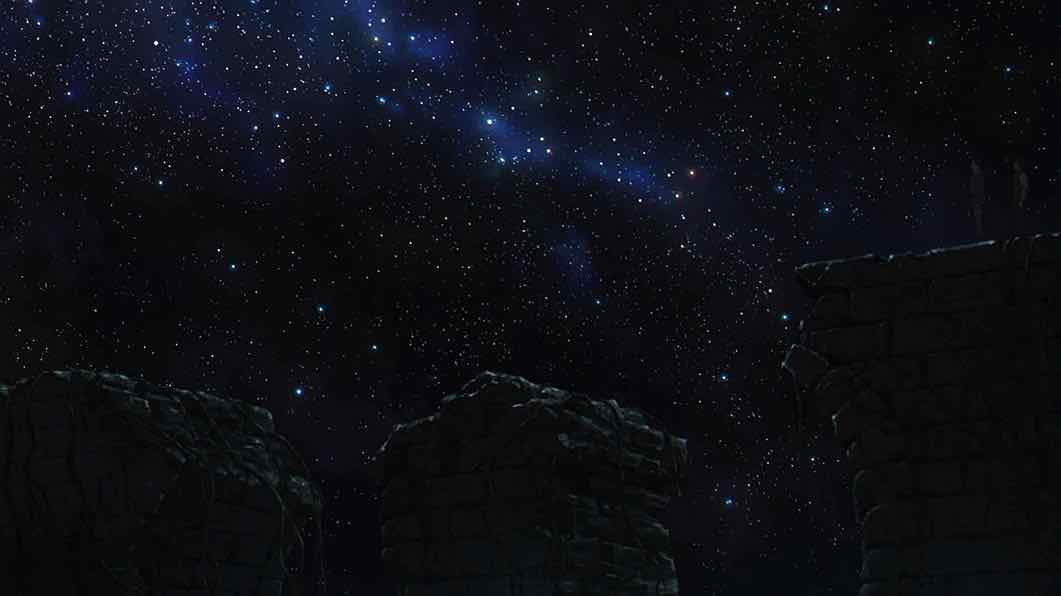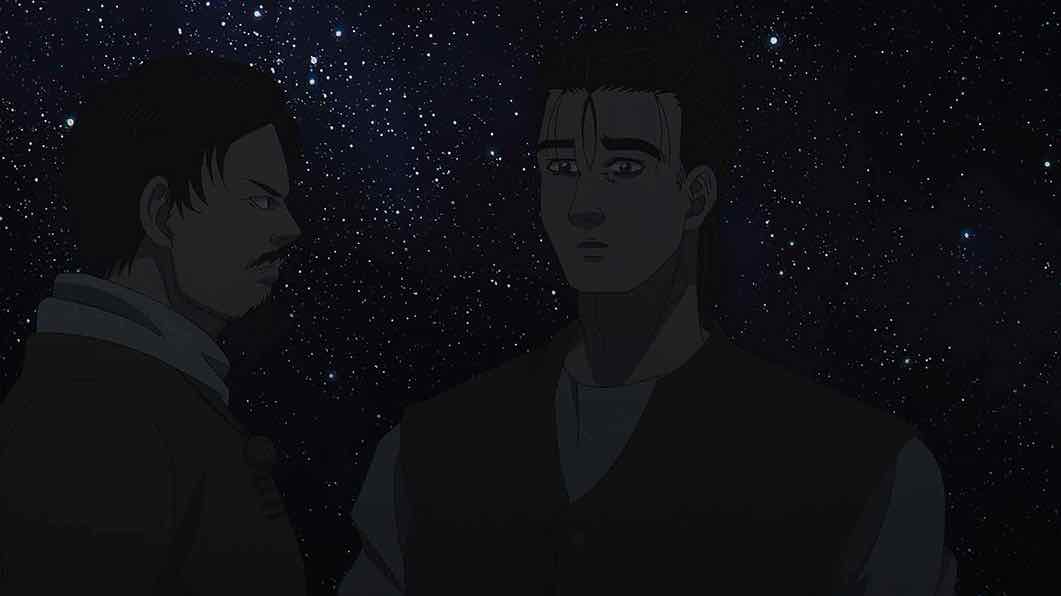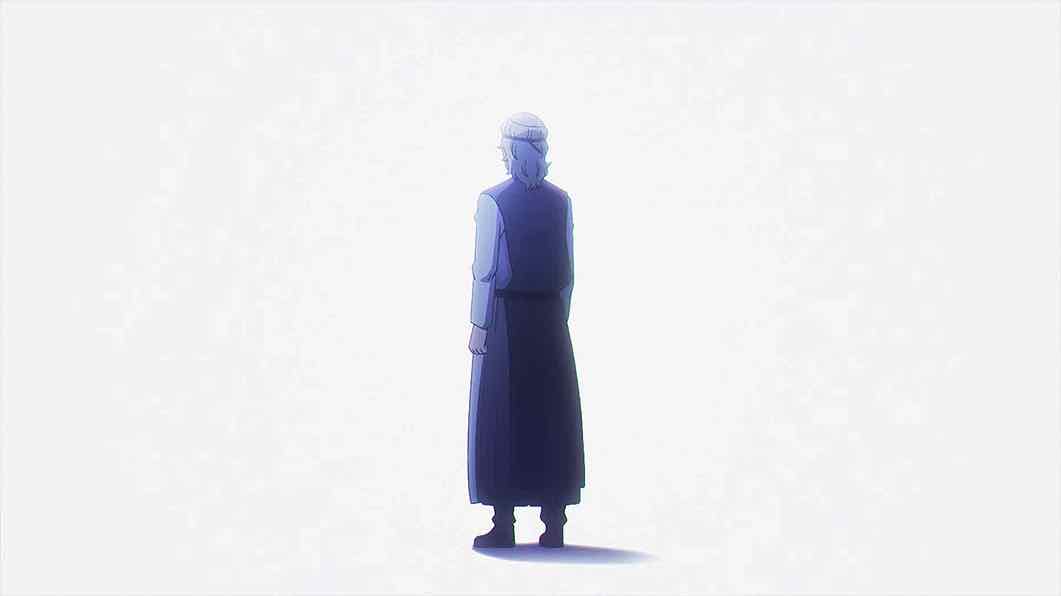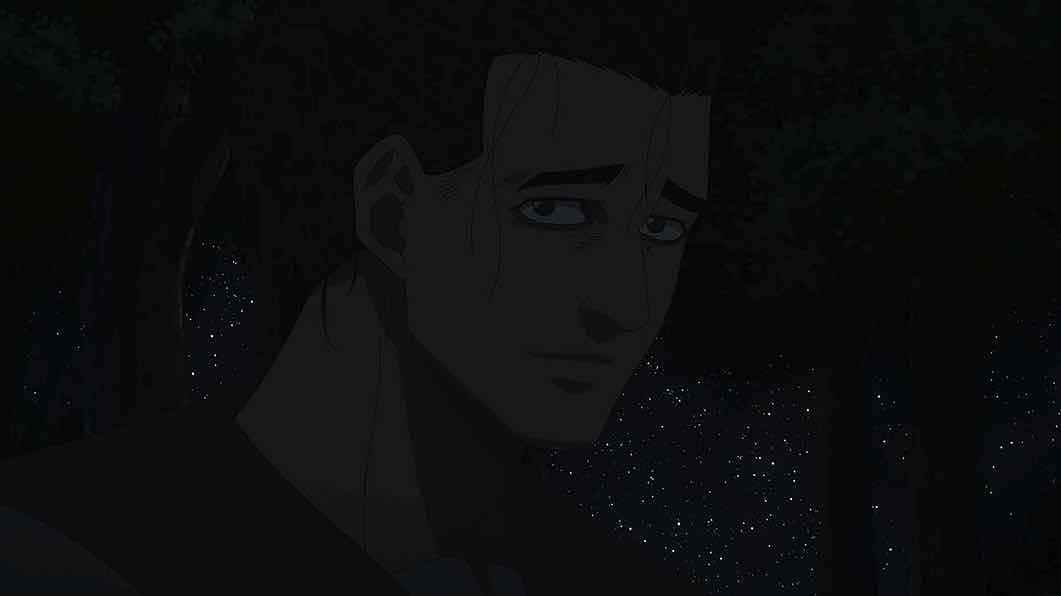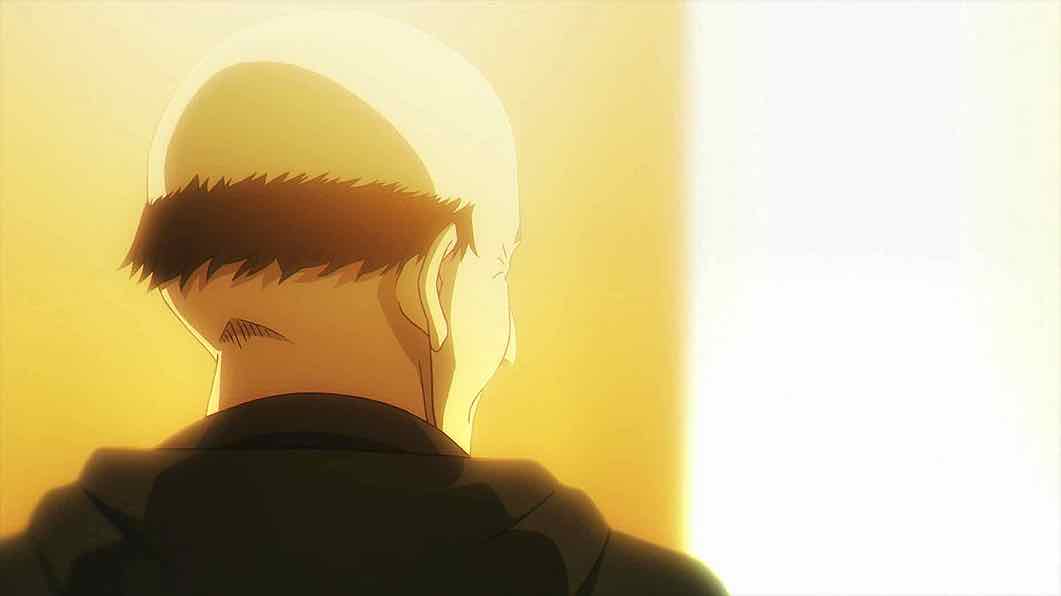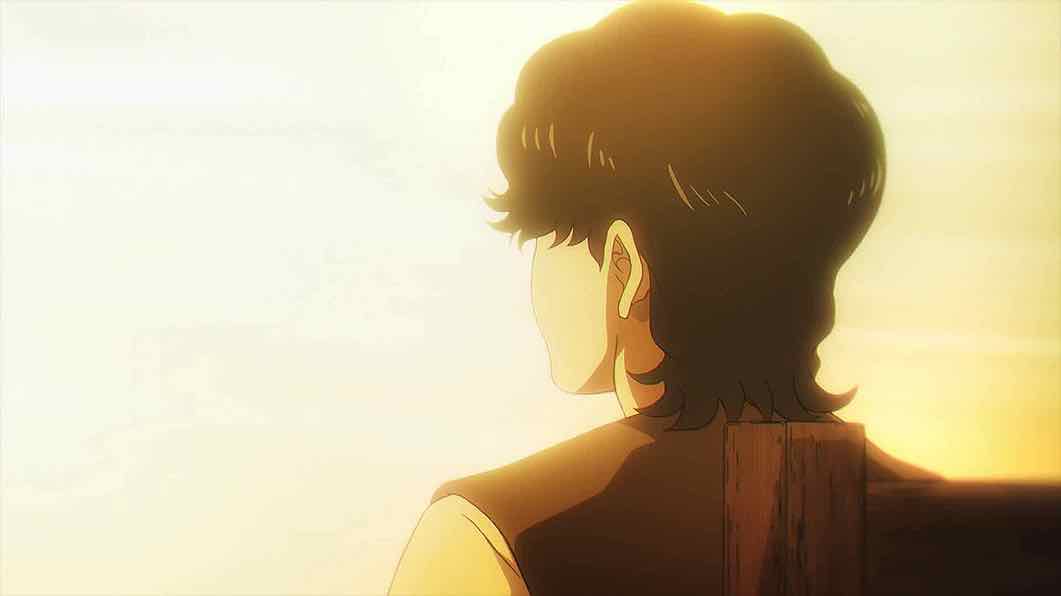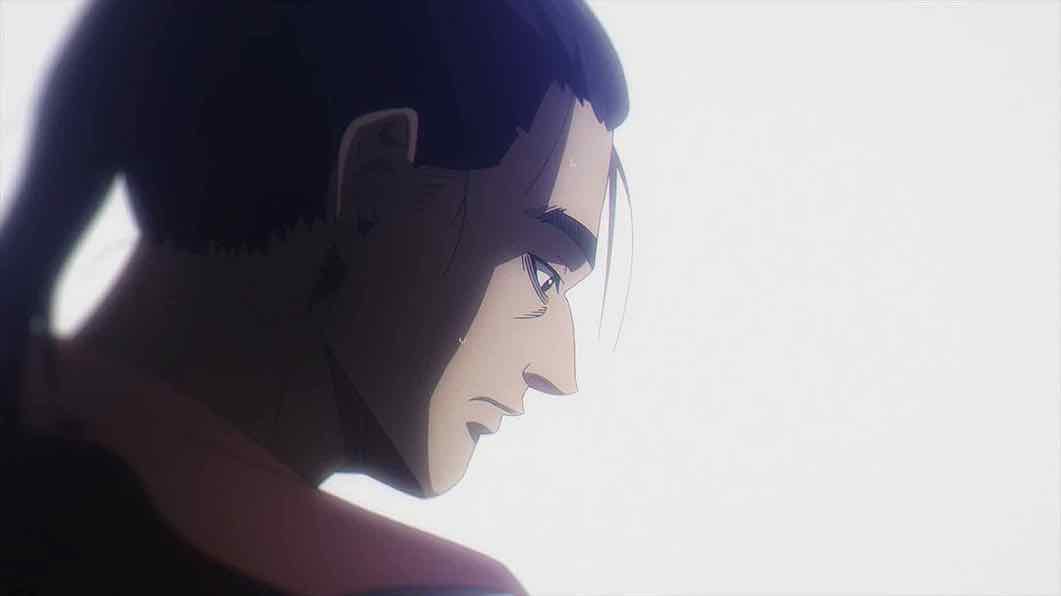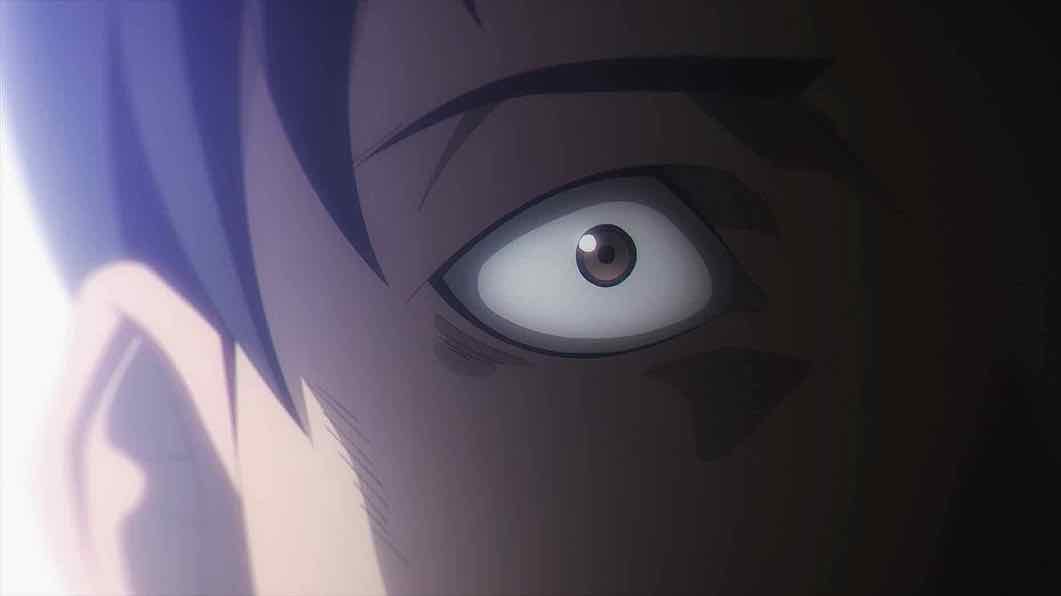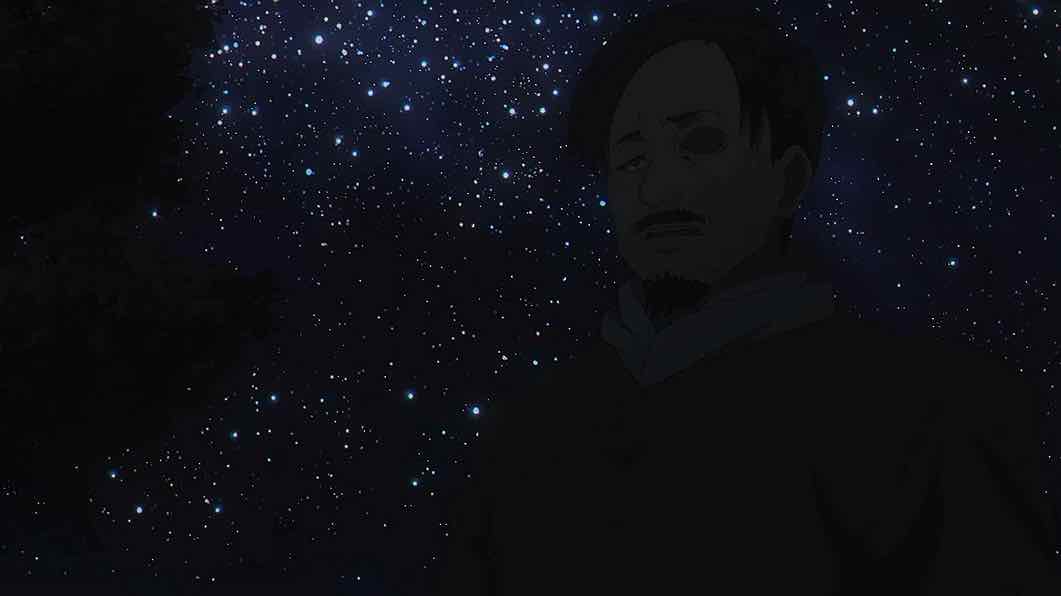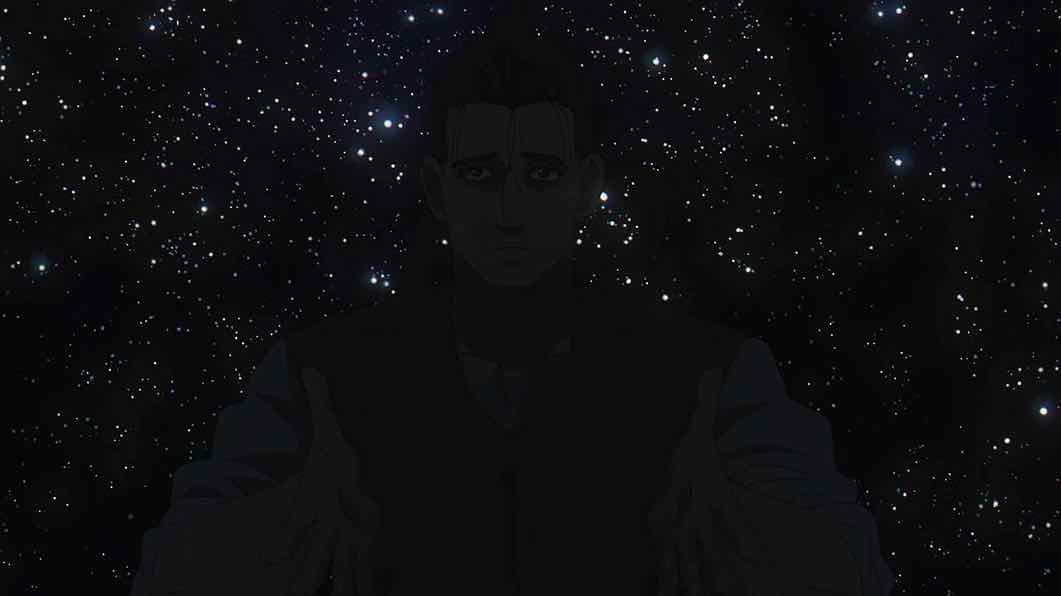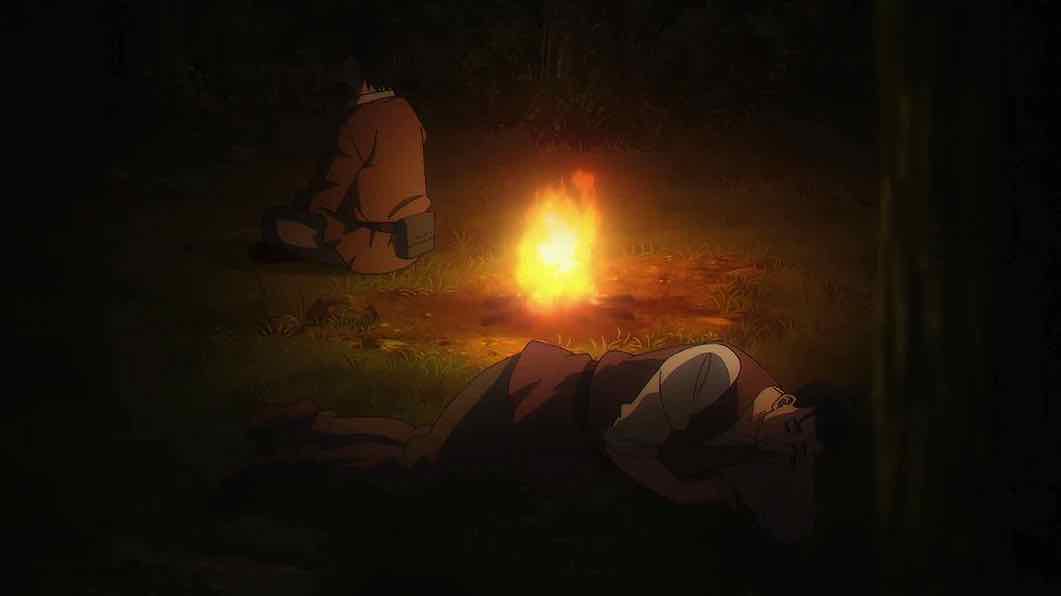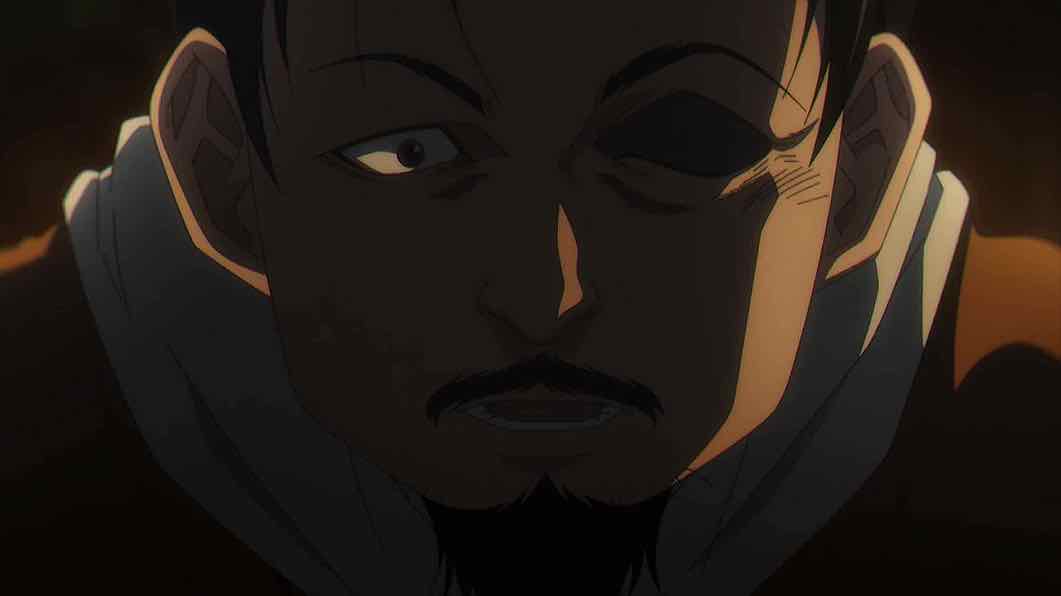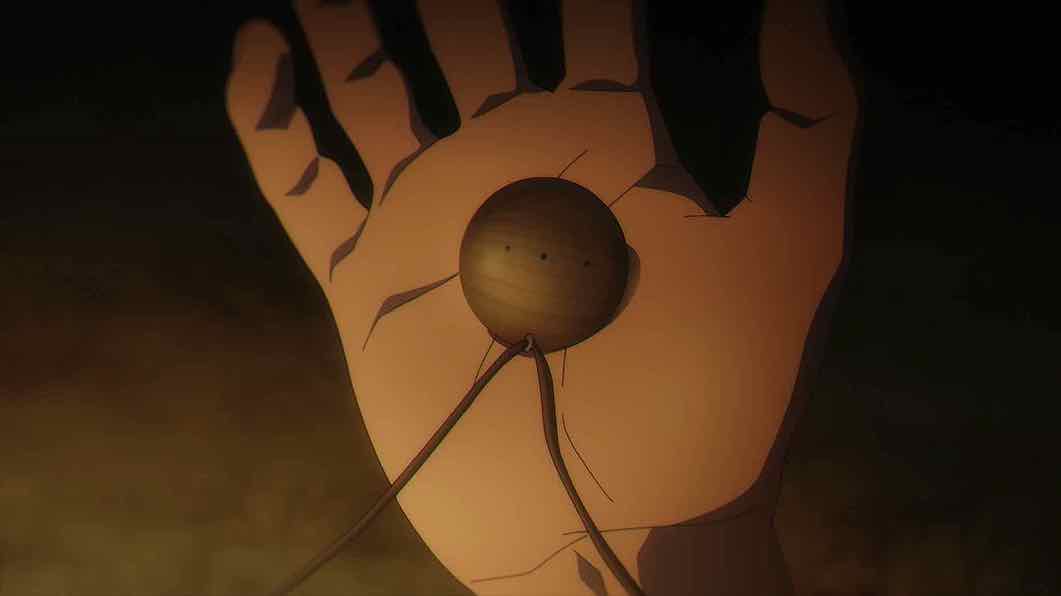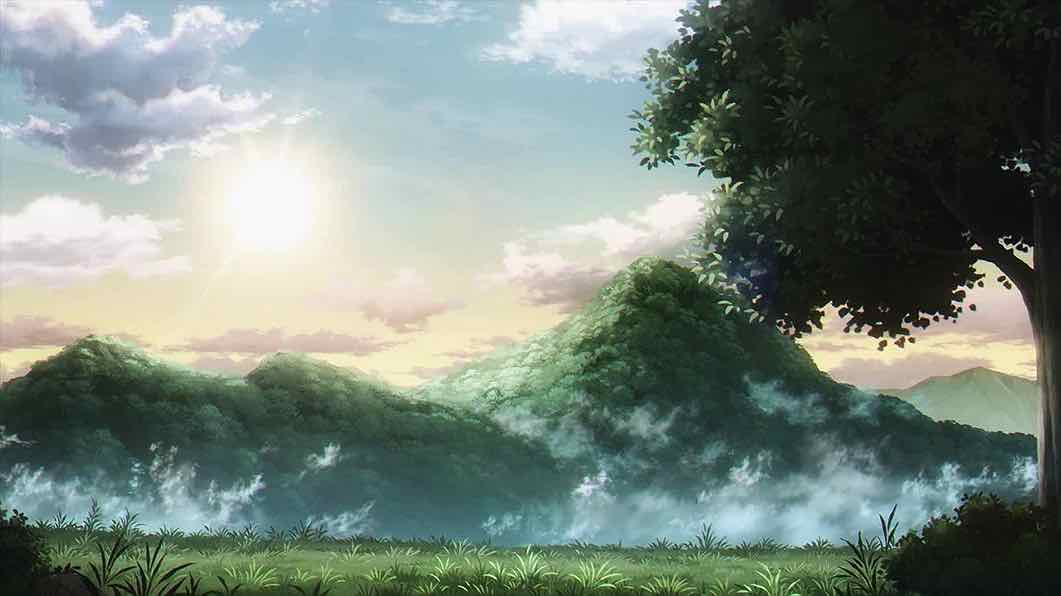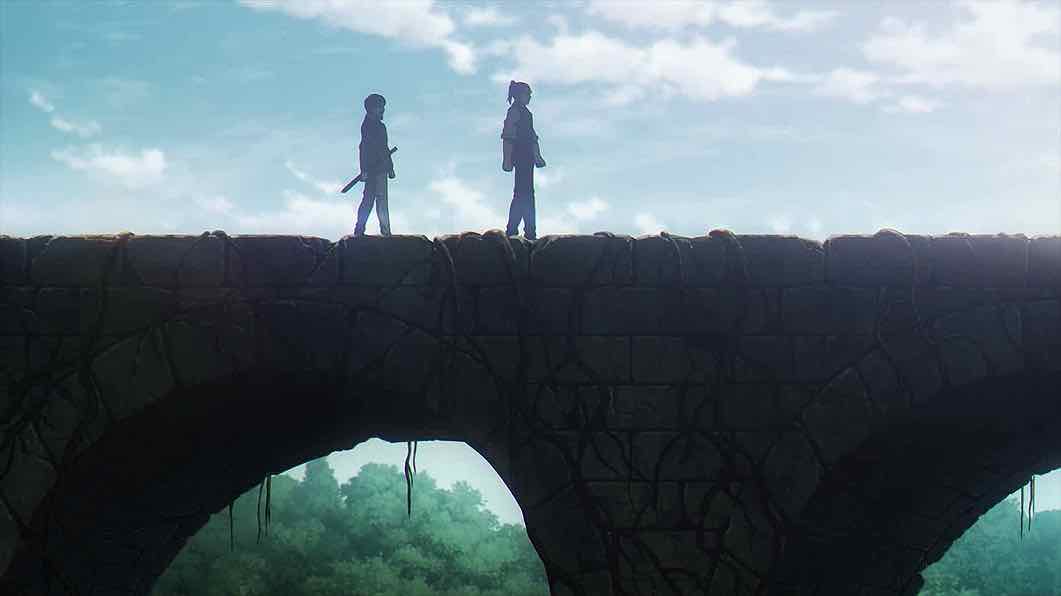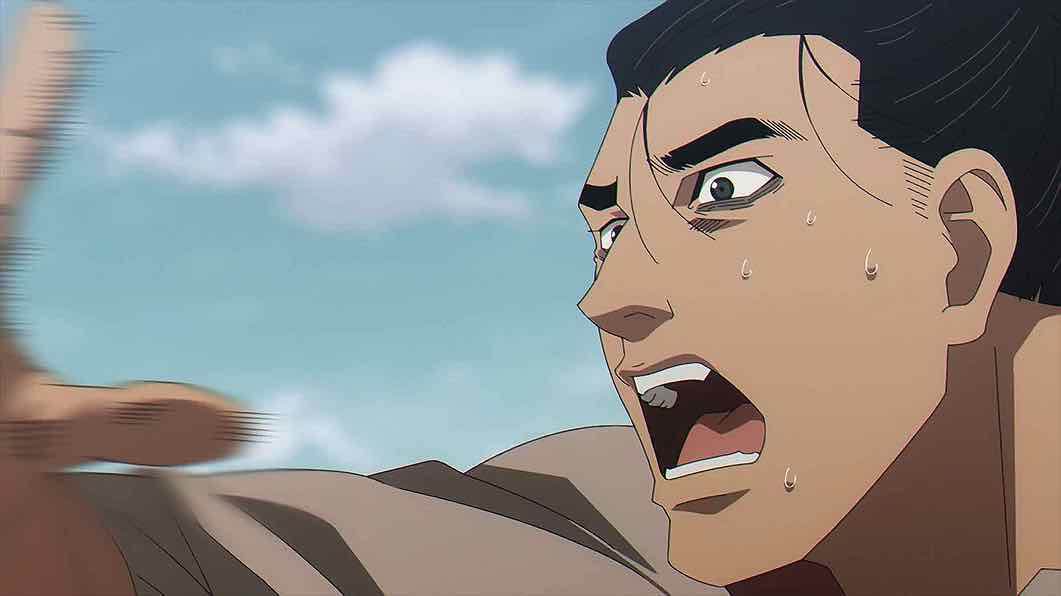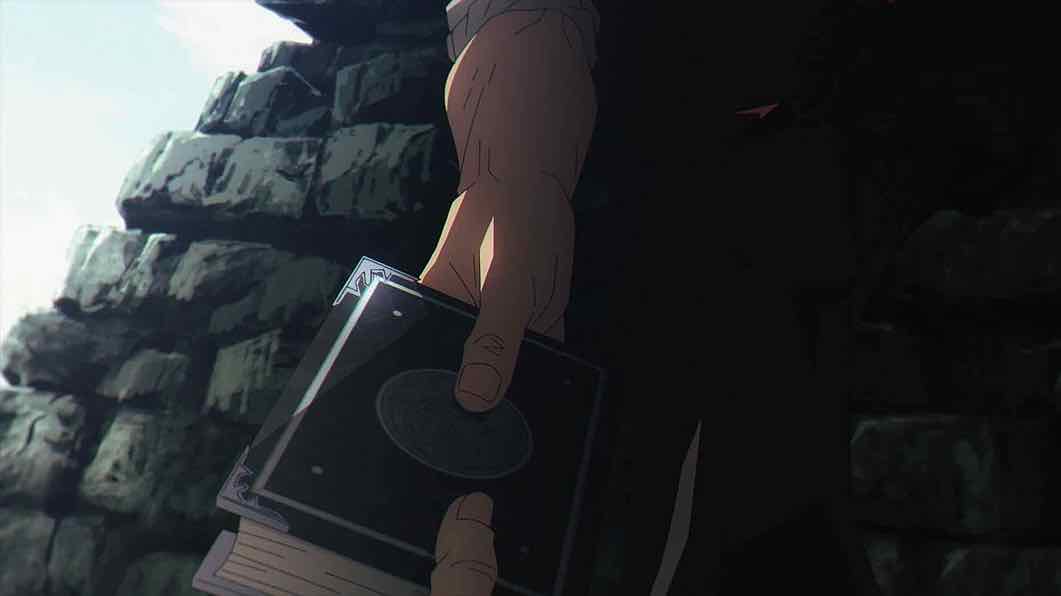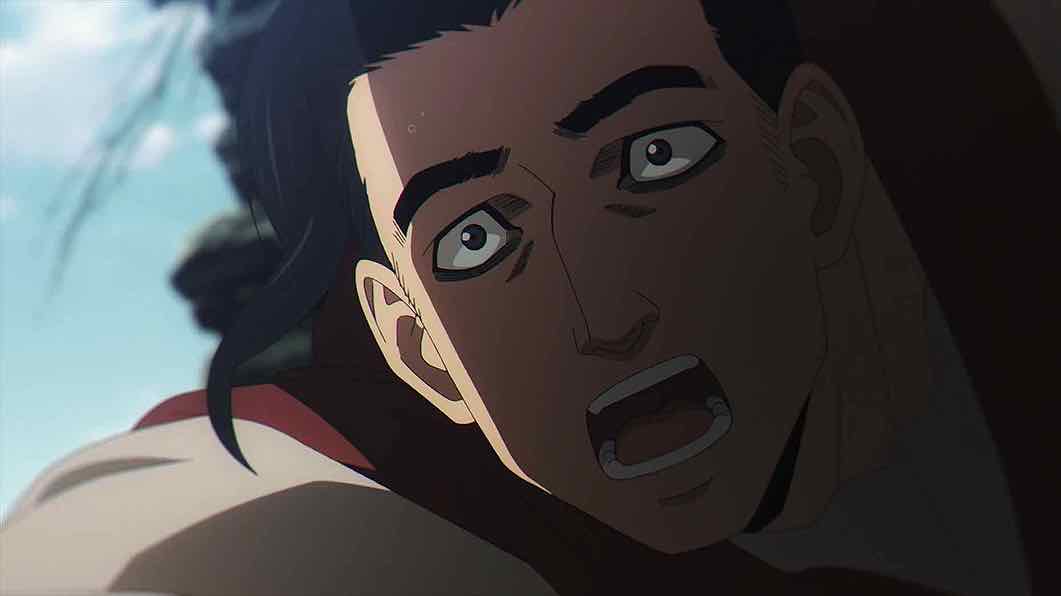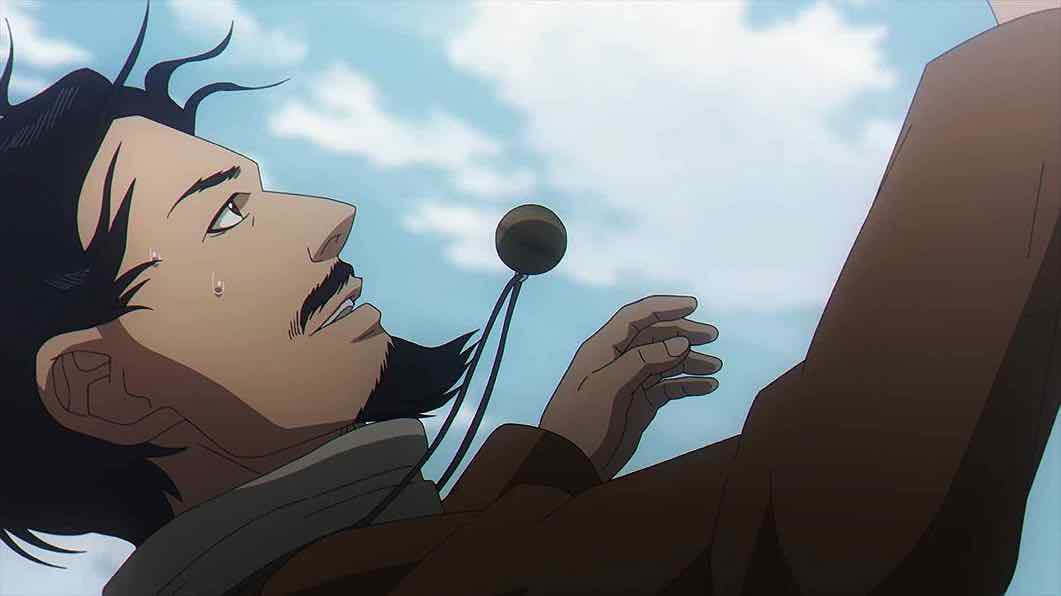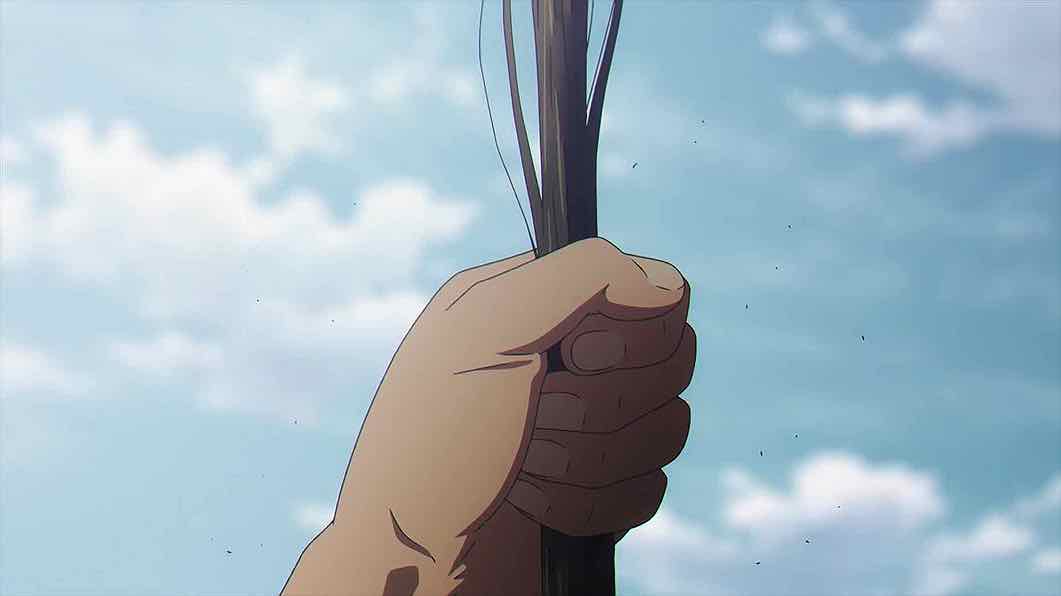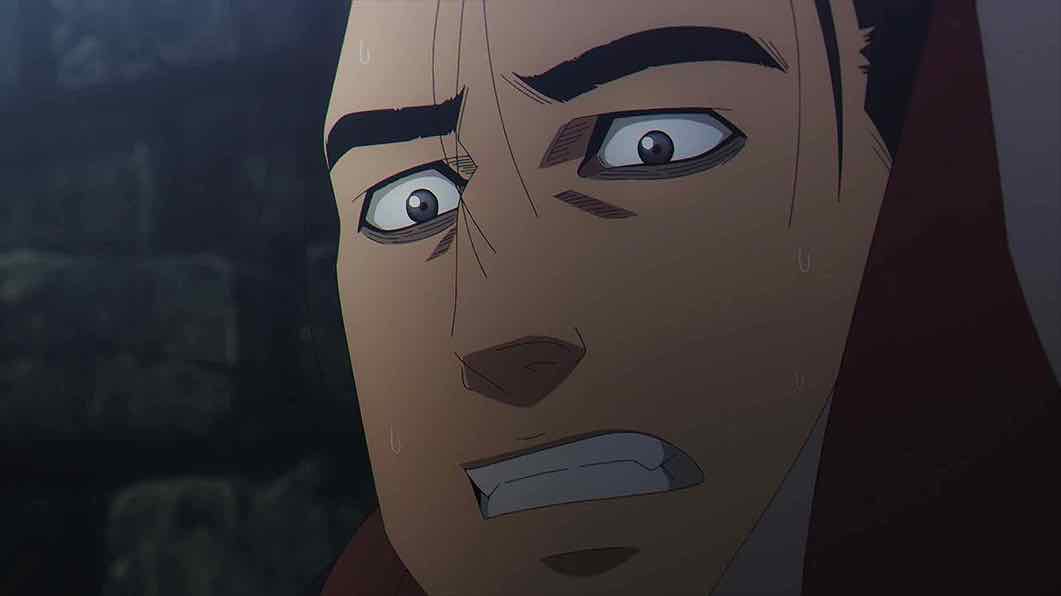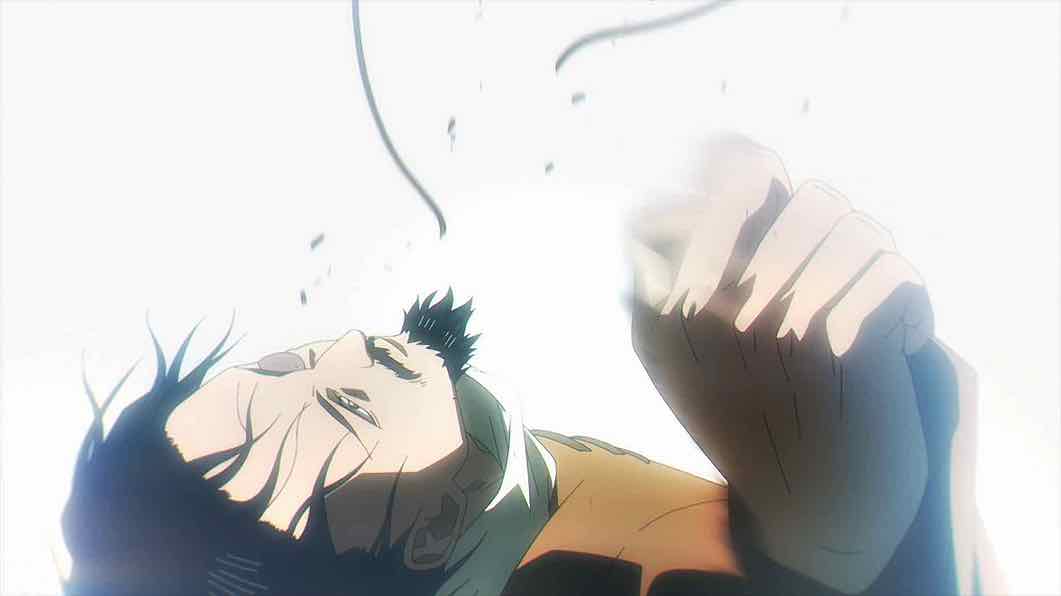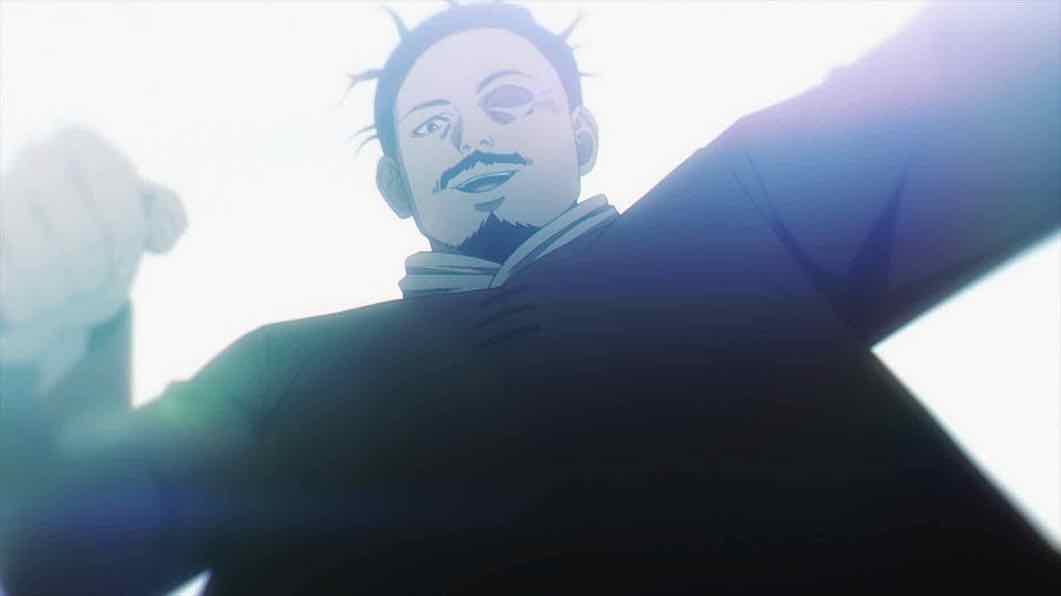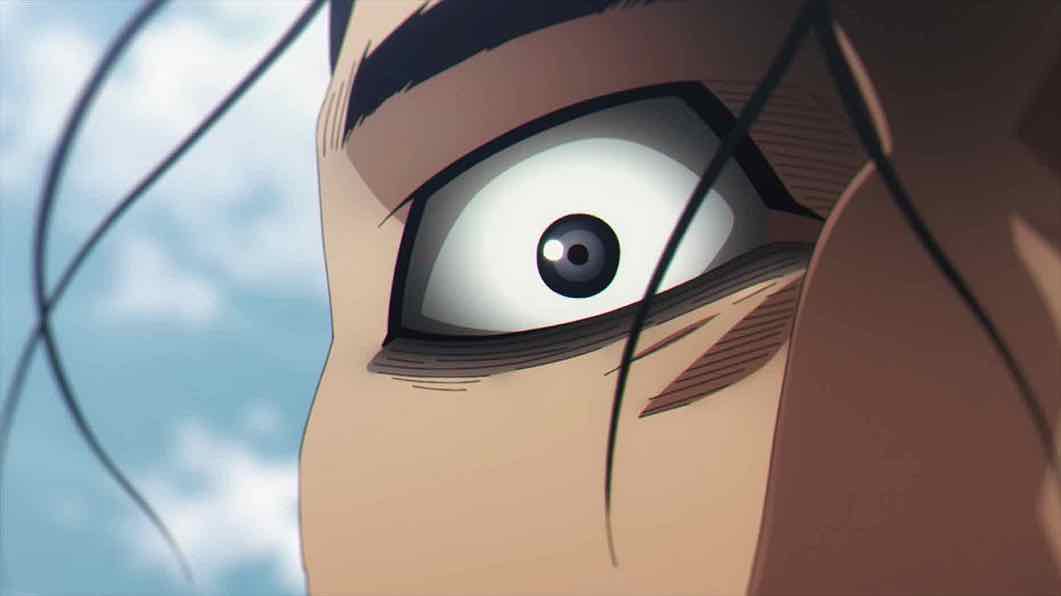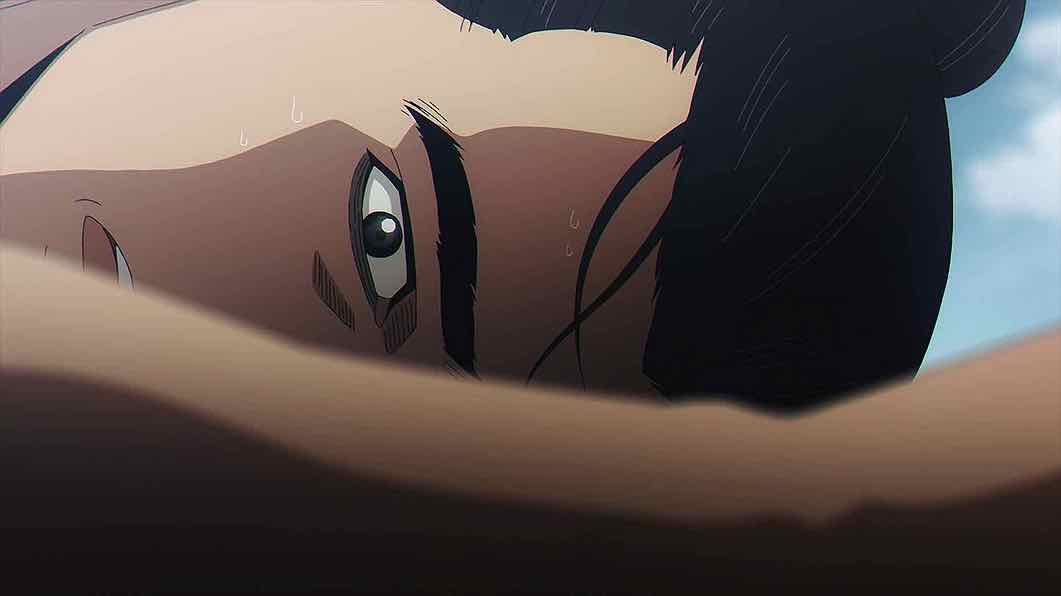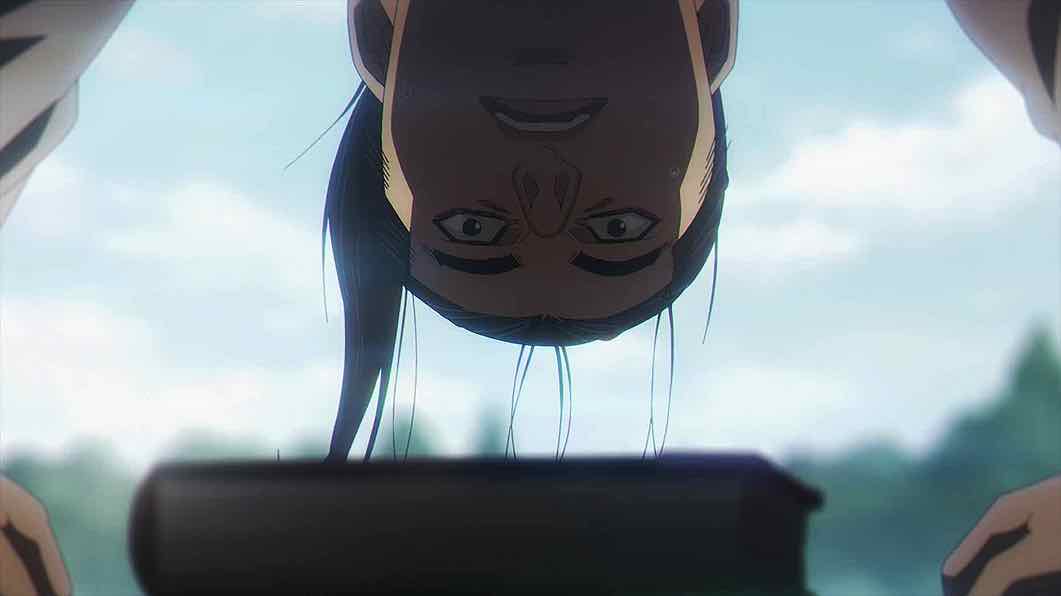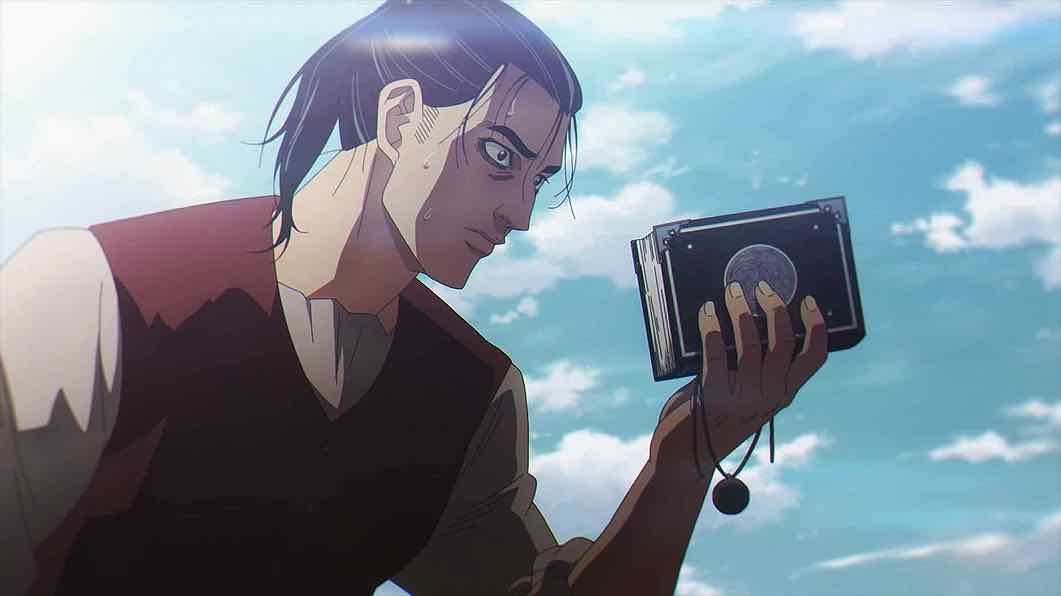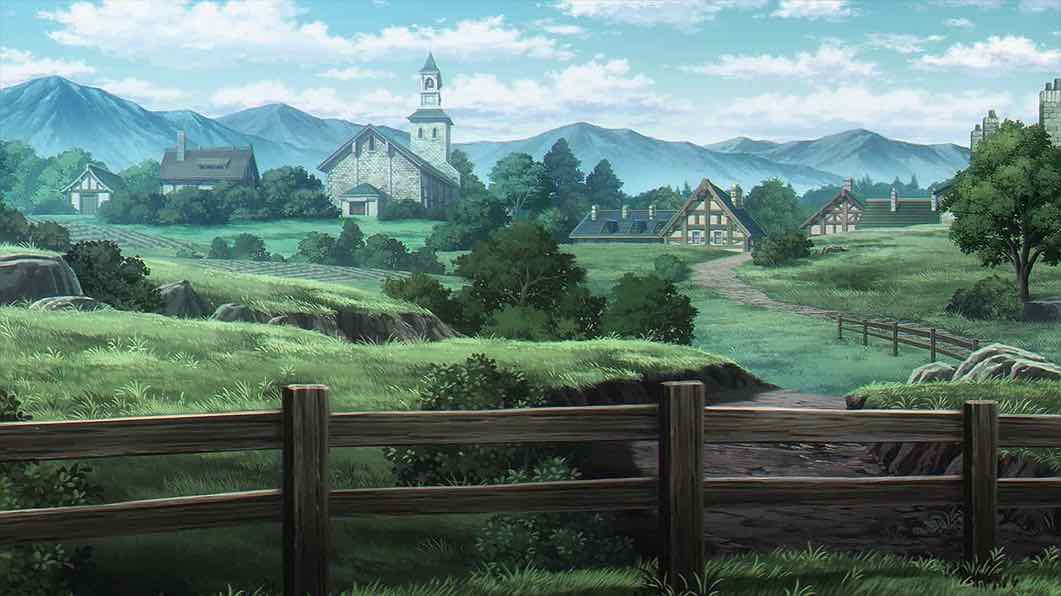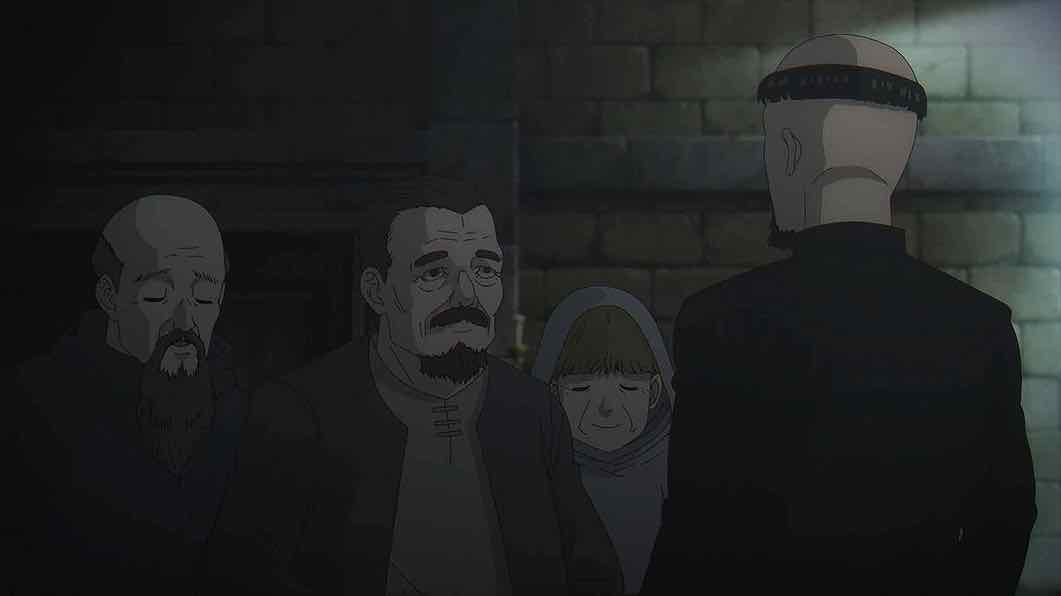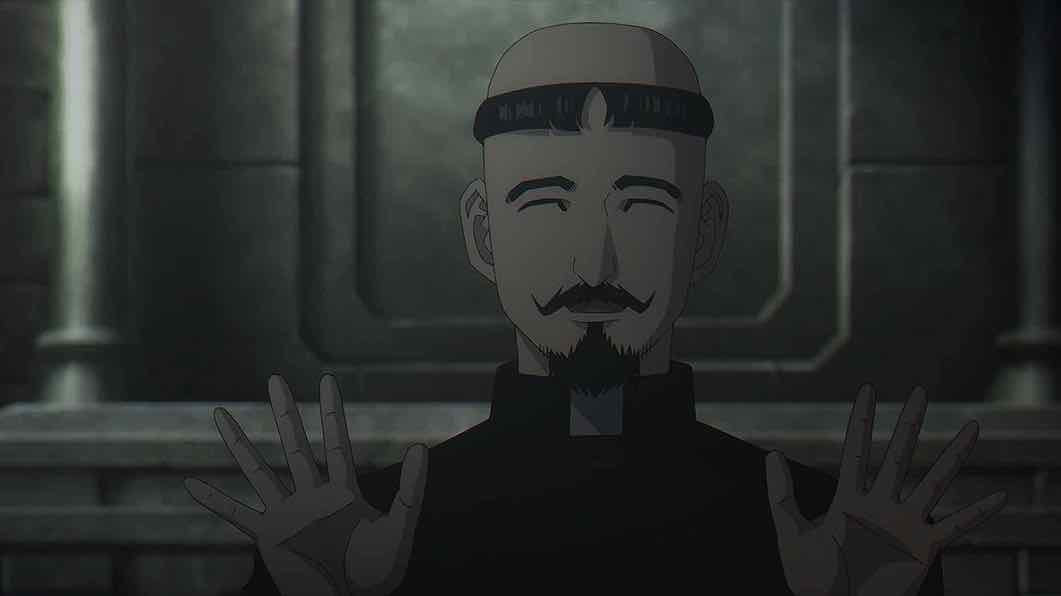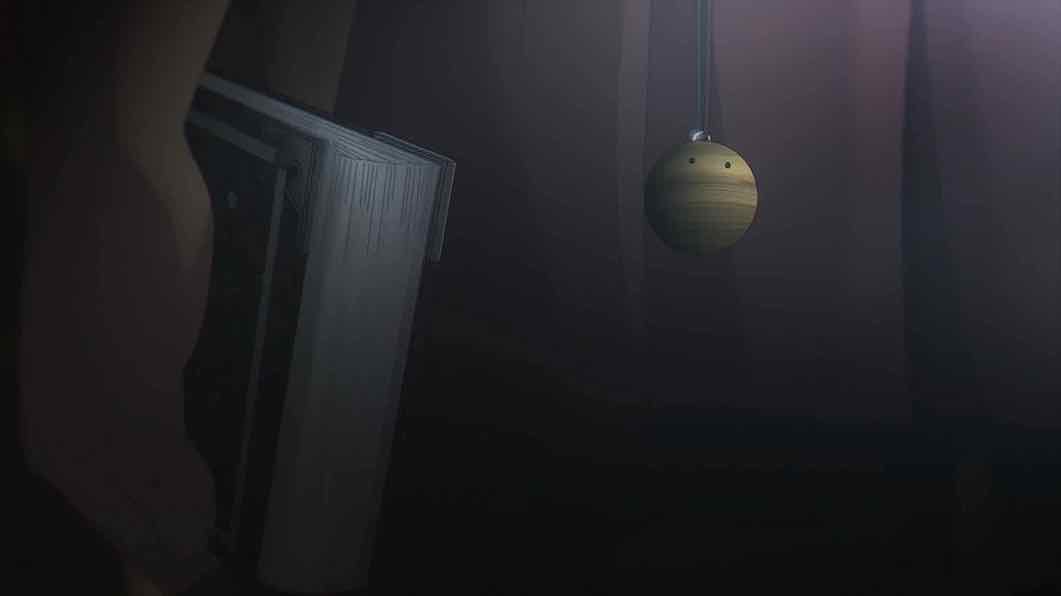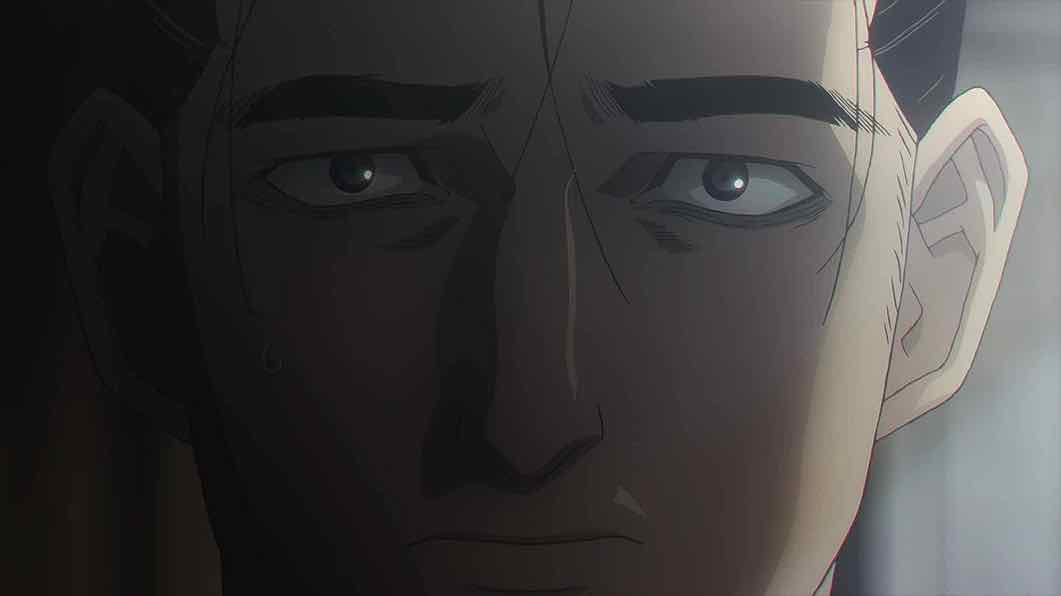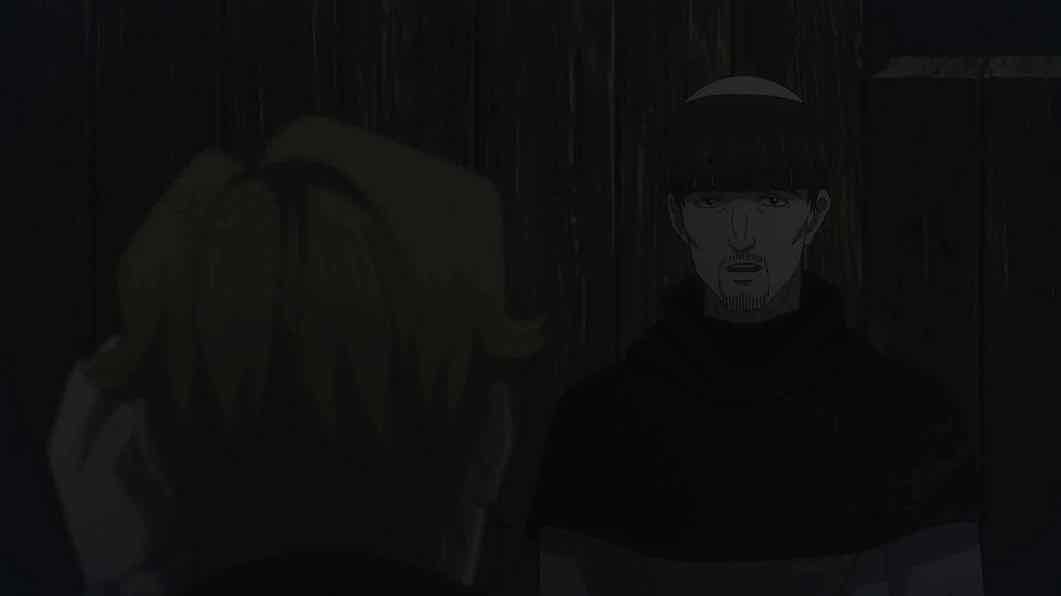 I made the comparison between Shogun and Chi.: Chikyuu no Undou ni Tsuite earlier. And I think it’s absolutely valid in the context it was offered – both reveal a bit of a myopic view towards “historical accuracy” in fiction. But in terms of content the stories could hardly be more different. While neither is especially interested in being an accurate historical retelling, Shogun is almost entirely concerned with drama for its own sake. It’s a kind of Sengoku soap opera. Chi.Chikyuu, by contrast, is interested in using the history to symbolically tackle the big philosophical questions that drove it.
I made the comparison between Shogun and Chi.: Chikyuu no Undou ni Tsuite earlier. And I think it’s absolutely valid in the context it was offered – both reveal a bit of a myopic view towards “historical accuracy” in fiction. But in terms of content the stories could hardly be more different. While neither is especially interested in being an accurate historical retelling, Shogun is almost entirely concerned with drama for its own sake. It’s a kind of Sengoku soap opera. Chi.Chikyuu, by contrast, is interested in using the history to symbolically tackle the big philosophical questions that drove it.
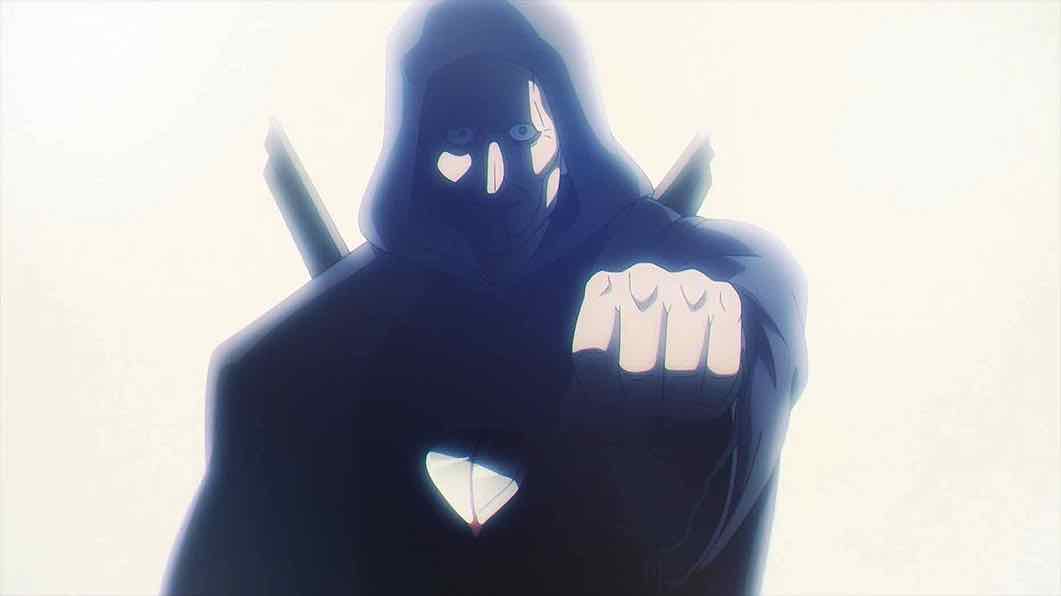 If you’re the sort of anime viewer that thinks words like “serious” and “ambitious” equal pretentious, you should probably bail at this point (both on the post and the series). I find it pretty striking that a mangaka as young as Uoto chose to tackle such lofty questions in their first series. And perhaps surprising that it even got picked up for serializaion – especially given that (IMHO) the artwork is pretty pedestrian. But then 20 or so is an idealistic age, broadly speaking. For writers it can be a time when you can believe you can change the world – or want to reflect on the ways the world has changed you.
If you’re the sort of anime viewer that thinks words like “serious” and “ambitious” equal pretentious, you should probably bail at this point (both on the post and the series). I find it pretty striking that a mangaka as young as Uoto chose to tackle such lofty questions in their first series. And perhaps surprising that it even got picked up for serializaion – especially given that (IMHO) the artwork is pretty pedestrian. But then 20 or so is an idealistic age, broadly speaking. For writers it can be a time when you can believe you can change the world – or want to reflect on the ways the world has changed you.
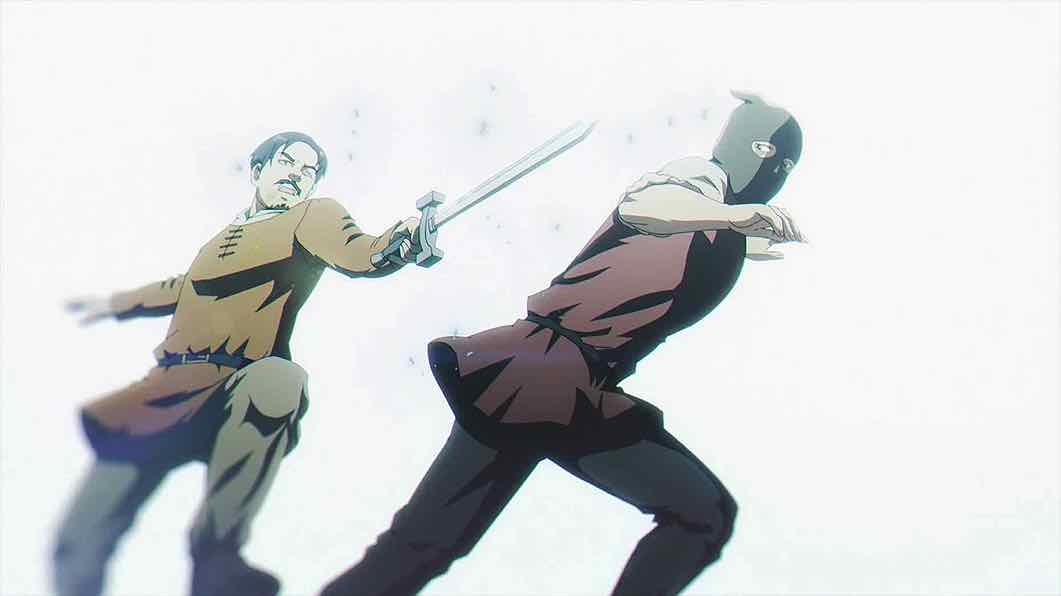 One thing we see here is Nowak, I think, making a pretty critical error in judgment. The introductory scene where Damian questions him on his attitude is very conspicuous by its presence, as its import isn’t immediately made clear. Oczy and Gras, in the front carriage, eject the cart driver and depart the main road (though Oczy is clearly being dragged into it). Nowak is certainly decisive in his immediate actions. He pulls out his crossbow and shoots the horse, stopping the getaway cart in its tracks. He then decides unilaterally to kill Oczy when he tries to surrender – because it’s clear Nowak places an extremely low value on human life.
One thing we see here is Nowak, I think, making a pretty critical error in judgment. The introductory scene where Damian questions him on his attitude is very conspicuous by its presence, as its import isn’t immediately made clear. Oczy and Gras, in the front carriage, eject the cart driver and depart the main road (though Oczy is clearly being dragged into it). Nowak is certainly decisive in his immediate actions. He pulls out his crossbow and shoots the horse, stopping the getaway cart in its tracks. He then decides unilaterally to kill Oczy when he tries to surrender – because it’s clear Nowak places an extremely low value on human life.
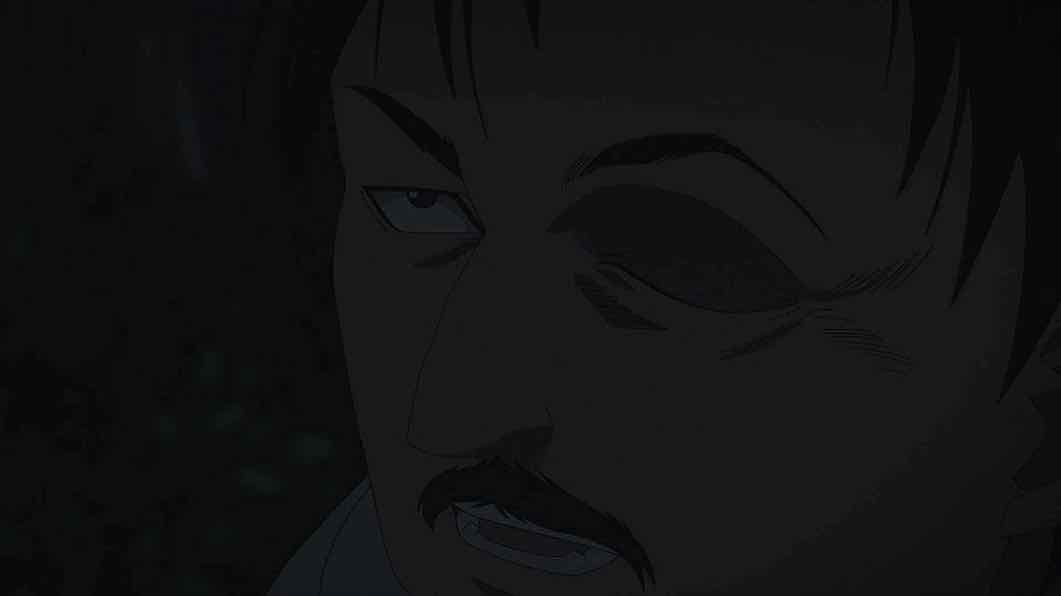 The Heretic’s actions are very much in-character. He’s doing what Rafal did, valuing the pursuit of the truth over his own life. His sacrifice allows the two watchmen the opportunity to flee, and Gras foils Nowak’s last-ditch attempt to kill Oczy. Here’s where Nowak gets it wrong. He chooses to let the two men flee on the grounds they they can’t even read and are too ignorant to pursue real heresy themselves. He’s wrong very specifically about Gras, though perhaps Nowak means Latin rather than Polish. But even more, if Nowak even remembers Rafal’s final words to him he’s ignored their meaning. The truth is harder to suppress than the Church credits it to be.
The Heretic’s actions are very much in-character. He’s doing what Rafal did, valuing the pursuit of the truth over his own life. His sacrifice allows the two watchmen the opportunity to flee, and Gras foils Nowak’s last-ditch attempt to kill Oczy. Here’s where Nowak gets it wrong. He chooses to let the two men flee on the grounds they they can’t even read and are too ignorant to pursue real heresy themselves. He’s wrong very specifically about Gras, though perhaps Nowak means Latin rather than Polish. But even more, if Nowak even remembers Rafal’s final words to him he’s ignored their meaning. The truth is harder to suppress than the Church credits it to be.
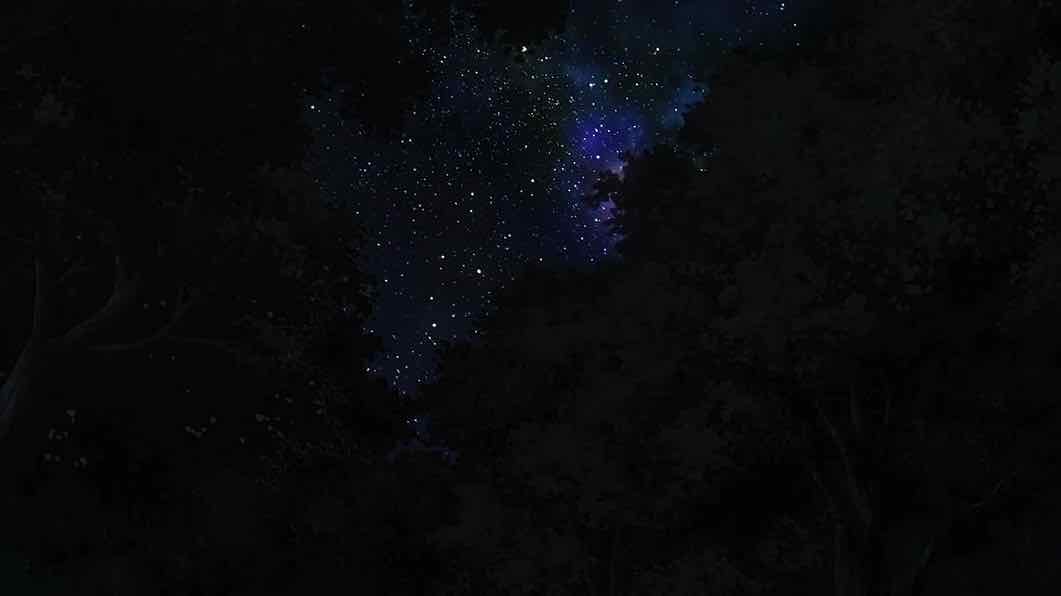 Oczy comes off as anything but a hero here. He’s an unenthusiastic passenger on this journey, pulled along in Gras’ wake but seemingly paralyzed when it comes to acting on his own volition. He even asks Gras to decide for him whether he should go with him, which Gras does in the affirmative. The pair do find the box on the mountainside, with its contents including two letters – one from Rafal (asking that 10% of any profits from its contents go to Potocki) and the other from the heretic who presumably secreted it. Gras can read the letters (despite injuring his eye) but not the observation logs in Latin, and doesn’t understand the meaning of the charts. But he knows someone he thinks might – Badeni, the monk who told him of the existence of the planets.
Oczy comes off as anything but a hero here. He’s an unenthusiastic passenger on this journey, pulled along in Gras’ wake but seemingly paralyzed when it comes to acting on his own volition. He even asks Gras to decide for him whether he should go with him, which Gras does in the affirmative. The pair do find the box on the mountainside, with its contents including two letters – one from Rafal (asking that 10% of any profits from its contents go to Potocki) and the other from the heretic who presumably secreted it. Gras can read the letters (despite injuring his eye) but not the observation logs in Latin, and doesn’t understand the meaning of the charts. But he knows someone he thinks might – Badeni, the monk who told him of the existence of the planets.
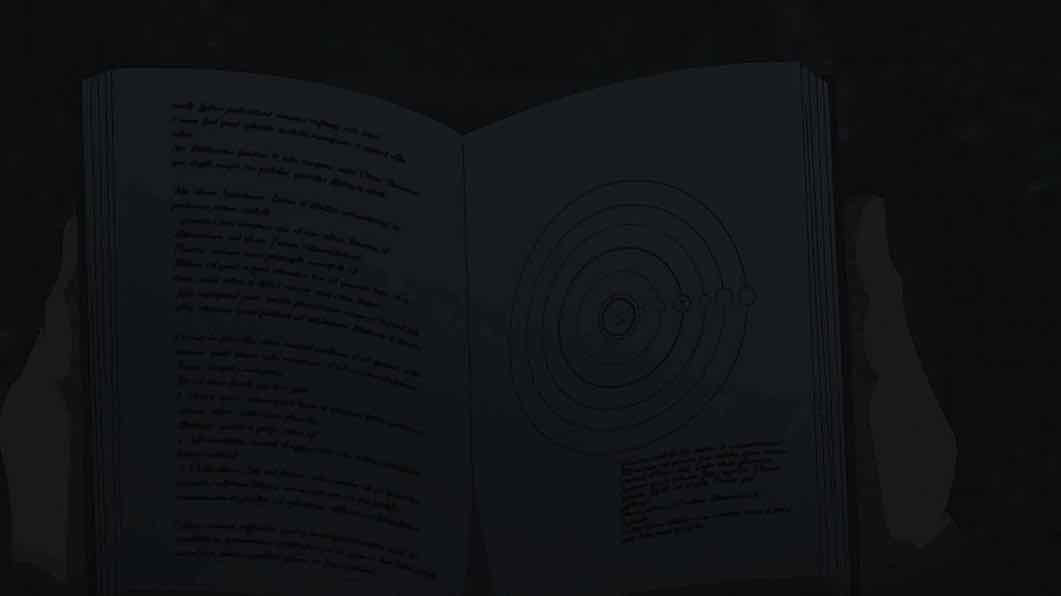 Now we come to the crux of the story of Oczy and Gras, which is somewhat different than Rafal’s. Rather than truth, these two represent the opposing views of life itself. On the fundamental level – does it mean anything? Oczy has given up on it, despite Gras having suffered far more grievous personal tragedy. Gras reached an ebb so low he tried to end his own life – you can’t get much lower than that in terms of valuing mortal existence – but found meaning in something deeper. While both believe in Heaven – or claim to – gazing at the Heavens could not be more different for them. For Oczy it’s terrifying, imagining the eyes of immortals staring down at him. For Gras, it’s an order and beauty in the universe that tells him his family isn’t truly gone.
Now we come to the crux of the story of Oczy and Gras, which is somewhat different than Rafal’s. Rather than truth, these two represent the opposing views of life itself. On the fundamental level – does it mean anything? Oczy has given up on it, despite Gras having suffered far more grievous personal tragedy. Gras reached an ebb so low he tried to end his own life – you can’t get much lower than that in terms of valuing mortal existence – but found meaning in something deeper. While both believe in Heaven – or claim to – gazing at the Heavens could not be more different for them. For Oczy it’s terrifying, imagining the eyes of immortals staring down at him. For Gras, it’s an order and beauty in the universe that tells him his family isn’t truly gone.
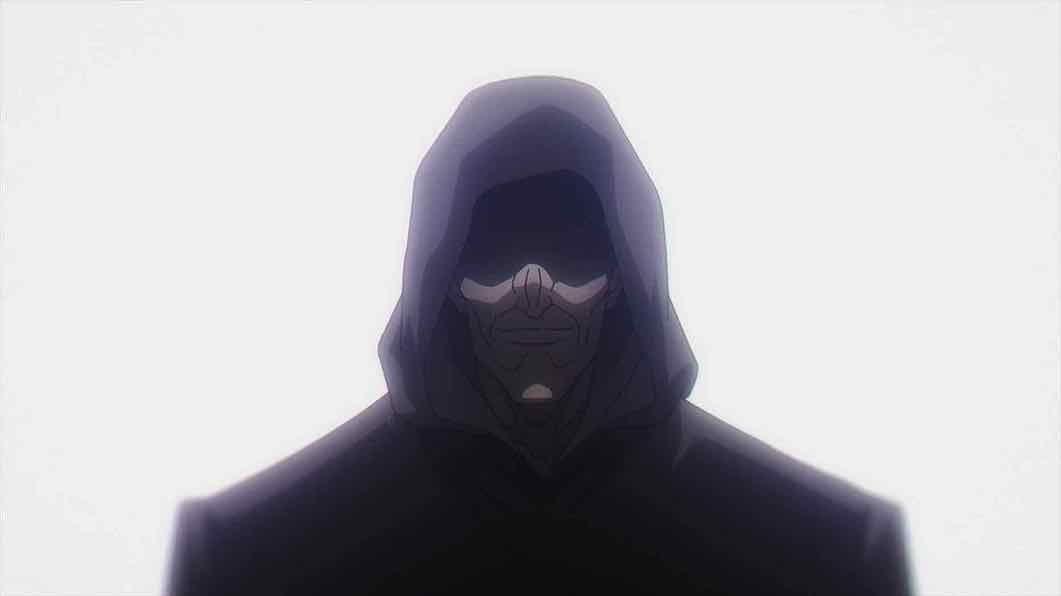 I’m speaking only for myself here (who else would I speak for) but I found the contrast here utterly fascinating. Both men claim to believe in the afterlife, but I find Gras’ faith to be far more meaningful. He sees the value in our mortal existence as the very validation of our eternal one. Oczy sees the existence of Paradise as the proof that our mortal existence is utterly meaningless and consists only of suffering. Yet when push comes to shove, he’s the one who’s terrified to face death (as witness his pleading with Nowak to spare him) and Gras – like Rafal – is willing to accept it as something with a sort of beauty in itself.
I’m speaking only for myself here (who else would I speak for) but I found the contrast here utterly fascinating. Both men claim to believe in the afterlife, but I find Gras’ faith to be far more meaningful. He sees the value in our mortal existence as the very validation of our eternal one. Oczy sees the existence of Paradise as the proof that our mortal existence is utterly meaningless and consists only of suffering. Yet when push comes to shove, he’s the one who’s terrified to face death (as witness his pleading with Nowak to spare him) and Gras – like Rafal – is willing to accept it as something with a sort of beauty in itself.
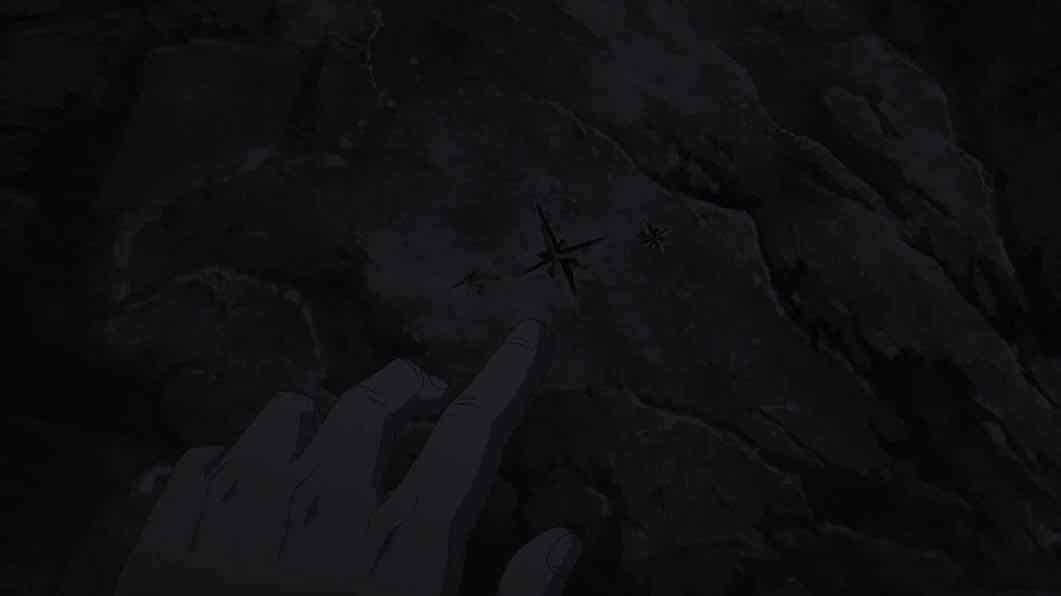 Gras really is a fascinating and odd man. And of course in Orb, that means he shouldn’t be buying any green bananas. It’s he who really frames the question in its most elemental form – how can there be meaning in our mortal existence when it will soon end, and the world continue without it? And then goes on to answer it – we give it meaning by passing the torch of it on. Be that truth, beauty, love, however you define it – we pass it to the next person and that gives our existence meaning even after it ends. The bridge collapsing should be proof for any skeptics that this series isn’t fixated on realism – it’s drama used to illuminate existential exploration. As with Rafal, Gras passes from life with a “tragic sort of beauty”, as I put it two weeks ago.
Gras really is a fascinating and odd man. And of course in Orb, that means he shouldn’t be buying any green bananas. It’s he who really frames the question in its most elemental form – how can there be meaning in our mortal existence when it will soon end, and the world continue without it? And then goes on to answer it – we give it meaning by passing the torch of it on. Be that truth, beauty, love, however you define it – we pass it to the next person and that gives our existence meaning even after it ends. The bridge collapsing should be proof for any skeptics that this series isn’t fixated on realism – it’s drama used to illuminate existential exploration. As with Rafal, Gras passes from life with a “tragic sort of beauty”, as I put it two weeks ago.
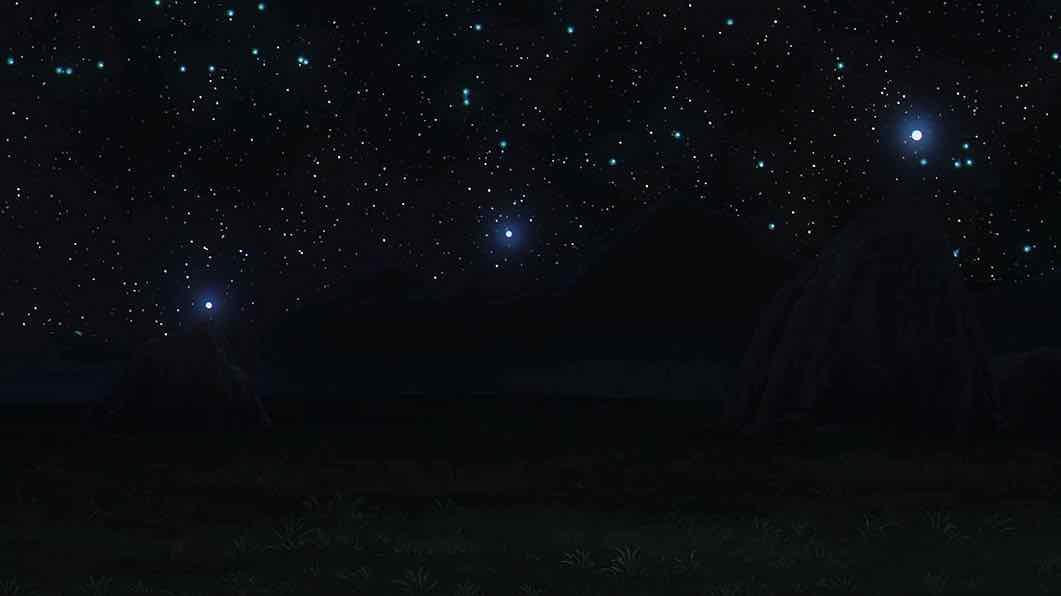 For the nonce at least, it seems that the example of Gras life – and death – had its impact on Oczy just as the earlier Heretic’s did on Rafal. He rejects Gras’ “option 1” – to go straight to the Church, turn in the log and plead for mercy. He goes to the Church in a very different manner, seeking out Badeni (Nakamura Yuuichi) – a monk demoted for unruly behavior and “contrarian thought”. Perhaps Oczy was not the most eager recipient, but it seems as if Gras’ torch has indeed passed to him in the literal and figurative sense.
For the nonce at least, it seems that the example of Gras life – and death – had its impact on Oczy just as the earlier Heretic’s did on Rafal. He rejects Gras’ “option 1” – to go straight to the Church, turn in the log and plead for mercy. He goes to the Church in a very different manner, seeking out Badeni (Nakamura Yuuichi) – a monk demoted for unruly behavior and “contrarian thought”. Perhaps Oczy was not the most eager recipient, but it seems as if Gras’ torch has indeed passed to him in the literal and figurative sense.


